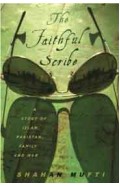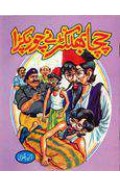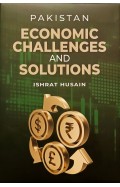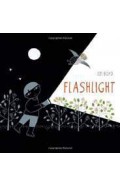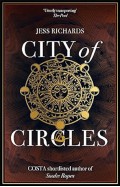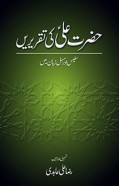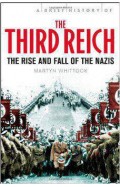What Is China Territory, Ethnicity, Culture, and History
By: Zhaoguang Ge
-
Rs 1,572.50
- Rs 1,850.00
- 15%
You save Rs 277.50.
Due to constant currency fluctuation, prices are subject to change with or without notice.
Ge Zhaoguang, an eminent historian of traditional China and a public intellectual, takes on fundamental questions that shape the domestic and international politics of the world’s most populous country and its second largest economy. What Is China? offers an insider’s account that addresses sensitive problems of Chinese identity and shows how modern scholarship about China—whether conducted in China, East Asia, or the West—has attempted to make sense of the country’s shifting territorial boundaries and its diversity of ethnic groups and cultures.
Ge considers, for example, the ancient concept of tianxia, or All-Under-Heaven, which assigned supremacy to the imperial court and lesser status to officials, citizens, tributary states, and tribal peoples. Does China’s government still operate with a belief in divine rule of All-Under-Heaven, or has it taken a different view of other actors, inside and outside its current borders? Responding both to Western theories of the nation-state and to Chinese intellectuals eager to promote “national learning,” Ge offers an insightful and erudite account of how China sees its place in the world. As he wrestles with complex historical and cultural forces guiding the inner workings of an often misunderstood nation, Ge also teases out many nuances of China’s encounter with the contemporary world, using China’s past to explain aspects of its present and to provide insight into various paths the nation might follow as the twenty-first century unfolds.
Ge Zhaoguang, an eminent historian of traditional China and a public intellectual, takes on fundamental questions that shape the domestic and international politics of the world’s most populous country and its second largest economy. What Is China? offers an insider’s account that addresses sensitive problems of Chinese identity and shows how modern scholarship about China—whether conducted in China, East Asia, or the West—has attempted to make sense of the country’s shifting territorial boundaries and its diversity of ethnic groups and cultures.
Ge considers, for example, the ancient concept of tianxia, or All-Under-Heaven, which assigned supremacy to the imperial court and lesser status to officials, citizens, tributary states, and tribal peoples. Does China’s government still operate with a belief in divine rule of All-Under-Heaven, or has it taken a different view of other actors, inside and outside its current borders? Responding both to Western theories of the nation-state and to Chinese intellectuals eager to promote “national learning,” Ge offers an insightful and erudite account of how China sees its place in the world. As he wrestles with complex historical and cultural forces guiding the inner workings of an often misunderstood nation, Ge also teases out many nuances of China’s encounter with the contemporary world, using China’s past to explain aspects of its present and to provide insight into various paths the nation might follow as the twenty-first century unfolds.
What Is China Territory, Ethnicity, Culture, and History
By: Zhaoguang Ge
Rs 1,572.50 Rs 1,850.00 Ex Tax :Rs 1,572.50
Zubin Mehta: A Musical Journey (An Authorized Biography)
By: VOID - Bakhtiar K. Dadabhoy
Rs 892.50 Rs 1,050.00 Ex Tax :Rs 892.50
Who's Afraid of China? The Challenge of Chinese Soft Power -
By: Michael Barr
Rs 2,460.75 Rs 2,895.00 Ex Tax :Rs 2,460.75
Sideways on a Scooter: Life and Love in India
By: Miranda Kennedy
Rs 1,615.00 Rs 1,900.00 Ex Tax :Rs 1,615.00
The Mughal Throne The Saga Of Indias Great Emperors
By: Abraham Eraly
Rs 3,595.50 Rs 3,995.00 Ex Tax :Rs 3,595.50
The Great Game On Secret Service In High Asia
By: Peter Hopkirk
Rs 1,597.50 Rs 3,195.00 Ex Tax :Rs 1,597.50
From Third World to First Intl Singapore And The Asian Economic Boom - (PB)
By: Lee Kuan Yew
Rs 2,695.50 Rs 2,995.00 Ex Tax :Rs 2,695.50
The Faithful Scribe: A Story of Islam Pakistan Family and War
By: Shahan Mufti
Rs 2,290.75 Rs 2,695.00 Ex Tax :Rs 2,290.75
Josiah the Great: The True Story of The Man Who Would Be King
By: Ben Macintyre
Rs 845.75 Rs 995.00 Ex Tax :Rs 845.75
Who's Afraid of China? The Challenge of Chinese Soft Power -
By: Michael Barr
Rs 2,460.75 Rs 2,895.00 Ex Tax :Rs 2,460.75
This Is How: Proven Aid in Overcoming Shyness Molestation Fatness Spinsterhood Grief Disease Lushery Decrepitude & More For Young and Old Alike
By: Augusten Burroughs
Rs 2,120.75 Rs 2,495.00 Ex Tax :Rs 2,120.75
The Dash Diet Action Plan: Proven to Lower Blood Pressure and Cholesterol without Medication
By: Marla Heller
Rs 3,990.75 Rs 4,695.00 Ex Tax :Rs 3,990.75
Study the Noble Quran Word for Word 3 Volume
By: Dr. Muhammad Muhsin Khan
Rs 6,796.00 Rs 8,495.00 Ex Tax :Rs 6,796.00
Pakistan Economic Challenges And Solutions
By: Dr. Ishrat Husain, Sarah Nizamani, Shagufta Shabbar and Masood Siddiqui
Rs 2,970.75 Rs 3,495.00 Ex Tax :Rs 2,970.75
A Brief History of The Third Reich: The Rise and Fall of the Nazis - Paperback
By: Martyn Whittock
Rs 1,695.75 Rs 1,995.00 Ex Tax :Rs 1,695.75
Zubin Mehta: A Musical Journey (An Authorized Biography)
By: VOID - Bakhtiar K. Dadabhoy
Rs 892.50 Rs 1,050.00 Ex Tax :Rs 892.50
What Is China Territory, Ethnicity, Culture, and History
By: Zhaoguang Ge
Rs 1,572.50 Rs 1,850.00 Ex Tax :Rs 1,572.50
Who's Afraid of China? The Challenge of Chinese Soft Power -
By: Michael Barr
Rs 2,460.75 Rs 2,895.00 Ex Tax :Rs 2,460.75












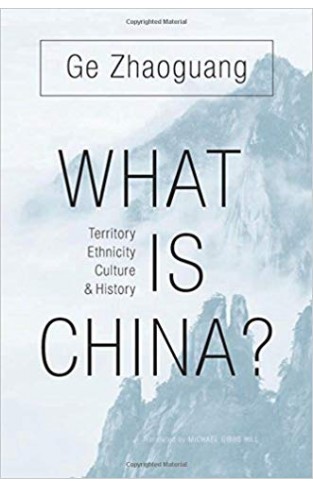
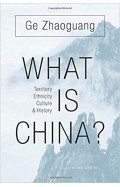
-120x187.jpg?q6)





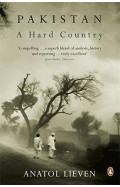
-120x187.jpg?q6)
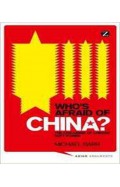
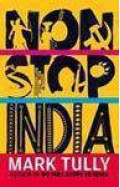


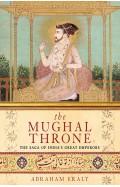
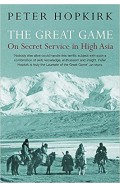
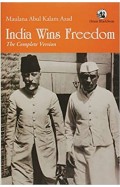
-120x187.jpg?q6)
